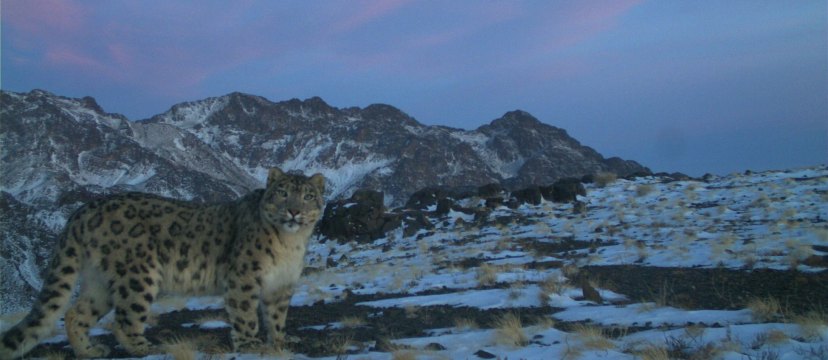
Climate change is perhaps the overarching threat to snow leopards and their habitat. Knowledge about its impact on the species, its habitat and the people who share that habitat is growing but still remains incomplete and fragmentary. As our understanding of climate change impacts changes over time the Snow Leopard Network hopes to bring together experts and resource persons together to open up perspectives and share ideas for the way forward.
Join us as we bring together practitioners and scientists from across the snow leopard range to share the latest thinking and evidence that is emerging on this key issue. We are particularly pleased to welcome Rinjan Shrestha, XiangYing Shi and Tserennadmid Nadia Mijiddorj who will share some of the latest research findings on how climate change is influencing snow leopard habitats and people’s livelihoods in Nepal, Mongolia and China.
The understanding of climate change comes from both scientific enquiry and people’s observations and understanding. There is a need for bringing together and integrating different sources of knowledge from different contexts in order to shape conservation strategies for snow leopards. The presentations will be followed by a discussion facilitated by Sibylle Noras, a former SLN Steering Committee Member, on how we can use different approaches to gain a clearer picture of climate change influences. We hope that SLN members and participants will come into the discussion to enrich this important exchange.
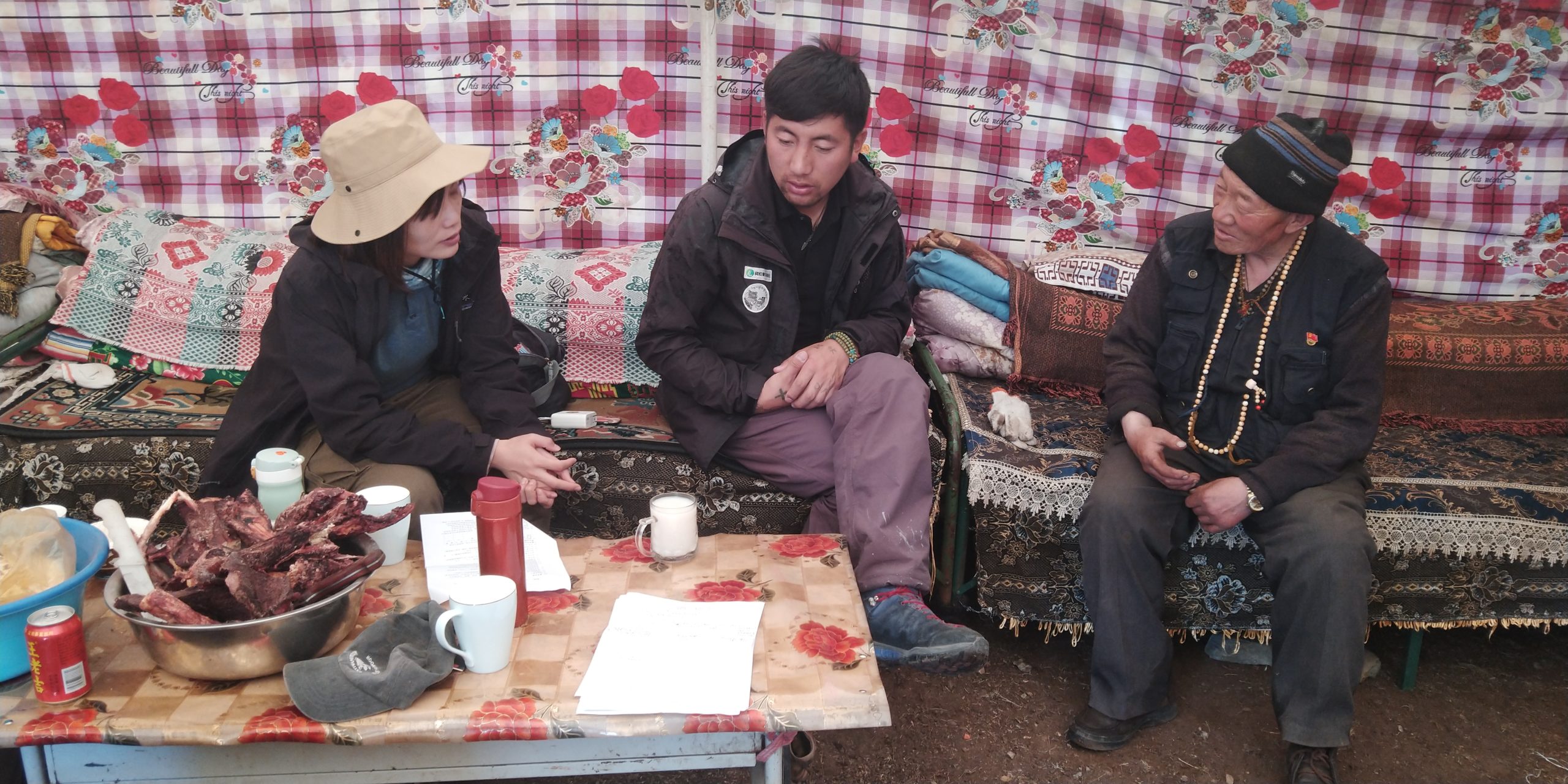
About the Webinar/Workshop
Impacts of climate change on snow leopard habitats: Rinjan Shrestha will open the webinar presenting the results of climate scenarios focussing on the Eastern Himalayas of Nepal. He will discuss the potential impact(s) of climate change on the snow leopard’s ecosystem including fluctuation in seasonal patterns, tree line shift and the ‘human footprint’. He will conclude by setting out the conservation implications of what is known on climate change and describe an approach followed in Nepal to develop a climate integrated spatial planning for snow leopard conservation.
Indigenous Knowledge of Climate Change in the South Gobi, Mongolia: We will then travel to Mongolia with Tserennadmid Nadia Mijiddorj. The Central Asian mountains, where livestock herding is the main source of livelihood, are among the environments predicted to be most affected by climate change. Here Nadia will be presenting how herder perceptions of climate change shape their responses and how different climate change scenarios will affect herder livelihoods in the Tost-Tosonbumba Nature Reserve of southern Mongolia. Her work suggests that herder perceptions of climate change can provide important information on factors that put their livelihoods at risk and adaptation strategies.
Climate change & herder livelihoods in Qinghai, China: Finally Shi Xiangying will share insights from the Tibetan Plateau, an area of great ecological and cultural value, but where the ecosystem and social system is particularly vulnerable to global climate change. Taking Sanjiangyuan Area as an example, XiangYing has surveyed over 300 pastoral households gathering information on the impact and perception of climate change on local herders, analyzed the influencing factors, and discussed their adaptation strategies. Changes in temperature and precipitation have been found to have negative impacts on yak and caterpillar fungus income. XiangYing’s work suggests that to improve the resilience of local herders to the impacts of climate change, social, financial and natural capital need to be enhanced in critical ways.

About our Guests
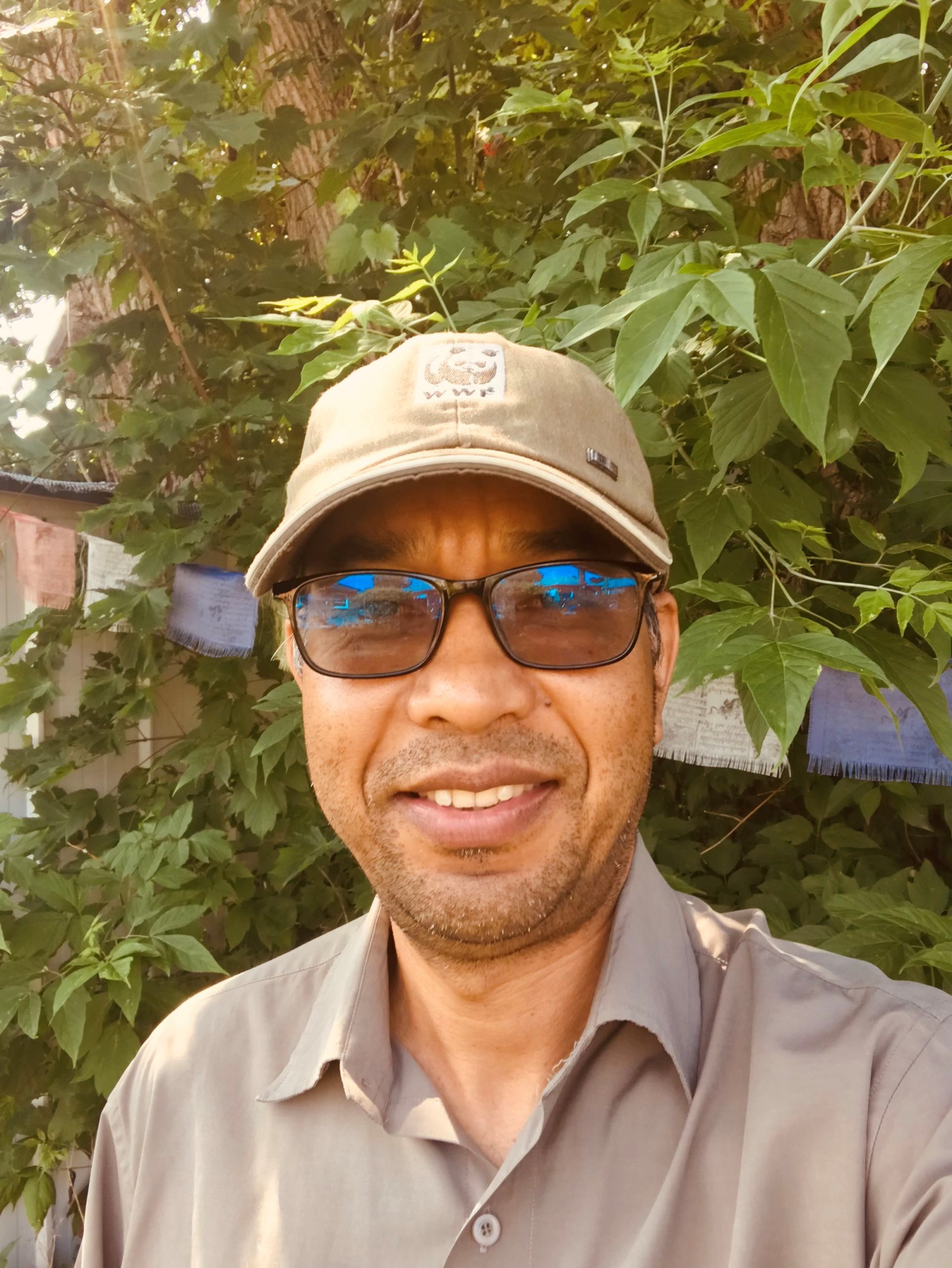 Rinjan Shrestha is a wildlife biologist and has been working with WWF-Canada since 2016. Prior to joining WWF-Canada, he worked as a conservation scientist for the Eastern Himalayas Program of WWF-US. He then helped develop country action plans for the conservation of tiger, red panda, rhino, wild elephant, and snow leopards. Currently, he is engaged in species conservation projects focusing on saving Asian big cats. As such, he spends a fair amount of time in the field studying ecology and behavior of these cats. Based on the findings of these studies, he assists local conservation partners in devising and implementing science-based conservation strategies.
Rinjan Shrestha is a wildlife biologist and has been working with WWF-Canada since 2016. Prior to joining WWF-Canada, he worked as a conservation scientist for the Eastern Himalayas Program of WWF-US. He then helped develop country action plans for the conservation of tiger, red panda, rhino, wild elephant, and snow leopards. Currently, he is engaged in species conservation projects focusing on saving Asian big cats. As such, he spends a fair amount of time in the field studying ecology and behavior of these cats. Based on the findings of these studies, he assists local conservation partners in devising and implementing science-based conservation strategies.
Tserennadmid Nadia Mijiddorj has been engaged in snow leopard conservation since 2002. She is mainly interested in understanding how herding communities interact with the local environment in mountain rangeland ecosystems. She is an ecologist and currently completing her PhD entitled ”Climate change impacts on Gobi rangeland and herding communities in South Gobi Mongolia”.
 Shi Xiangying, Executive Director of the Shan Shui Conservation Center, PhD candidate at School of Environmental Science and Engineering, Peking University. Graduated from Peking University and then Yale School of Forestry and Environmental Studies, she has been engaged in ecological conservation and climate change economics, and has been working on community conservation work and project management.
Shi Xiangying, Executive Director of the Shan Shui Conservation Center, PhD candidate at School of Environmental Science and Engineering, Peking University. Graduated from Peking University and then Yale School of Forestry and Environmental Studies, she has been engaged in ecological conservation and climate change economics, and has been working on community conservation work and project management.
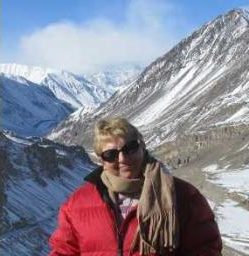 Sibylle Noras worked for 30 years in news media, internet publishing and knowledge management. During many Himalayan treks she became interested in the Snow Leopard and the people sharing its habitat motivating her to launch the Saving Snow Leopards website in 2008. Sibylle was on the Steering Committee of the Snow Leopard Network from 2012 to 2018 and contributed to “Snow Leopards – Biodiversity of the World: Conservation from Genes to Landscapes”.
Sibylle Noras worked for 30 years in news media, internet publishing and knowledge management. During many Himalayan treks she became interested in the Snow Leopard and the people sharing its habitat motivating her to launch the Saving Snow Leopards website in 2008. Sibylle was on the Steering Committee of the Snow Leopard Network from 2012 to 2018 and contributed to “Snow Leopards – Biodiversity of the World: Conservation from Genes to Landscapes”.
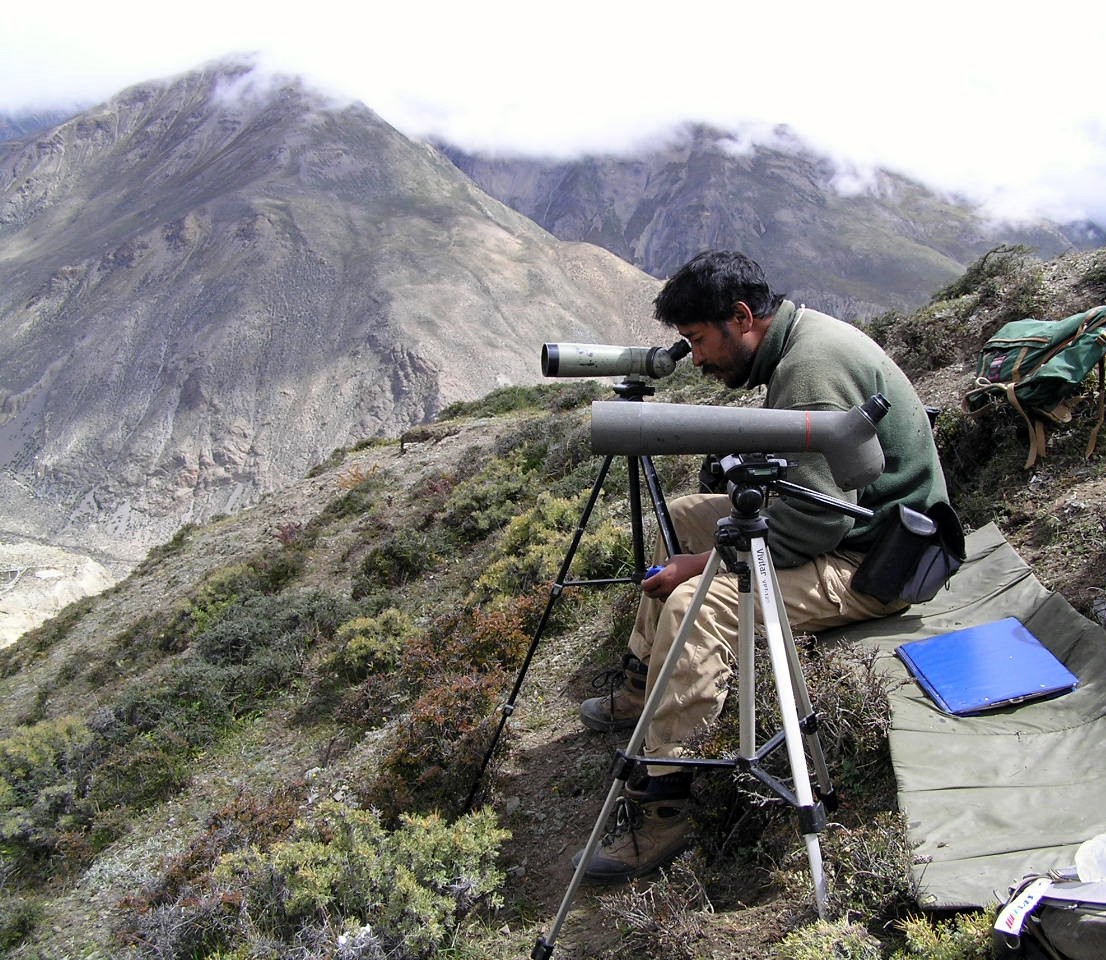
Date/Time
Tuesday, August 10th, at 17:00-18:15 Bishkek time
Location
ZOOM, to join this talk, REGISTER HERE
Please note
- If you have never used Zoom before, we recommend that you try the link 10 minutes before the start of the lecture.
- Please feel free to write questions in the comment area and there will be time for questions/discussion at the end of the talk.
- Please note that the session will be recorded and later featured on the SLN website. If you have concerns about this please let us know before the session.
